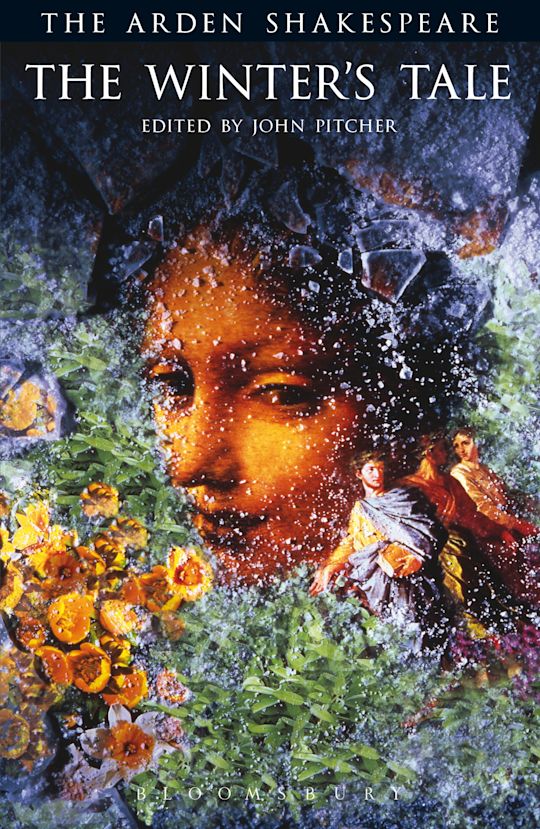This is a repeating event- Event 2 / 813 January 2025 6:00 pm27 January 2025 6:00 pm
Shakespeare's The Winter's Tale
Event Details
“tragedy, comedy, history,
Event Details

“tragedy, comedy, history, pastoral, pastoral-comical, historical-pastoral, tragical-historical, tragical-comical-historical-pastoral.”
Thus, in Act 2 of Hamlet, Polonius excitedly describes the varied possible delights on offer from the approaching players. The Winter’s Tale, cited as the penultimate solo work in Shakespeare’s canon, goes a long way to covering all the forms of drama that Polonius enumerates.
The descriptive term that might arguably cover the entire list is ‘romance’, although in Shakespeare’s day the word did not apply to drama but to euphuistic prose works such as Pandosto by Robert Greene (which is the source material for this play), so Polonius can’t be blamed for the longer-winded ‘tragical-comical-historical-pastoral’. It was not until the 19th century that this play – along with the other three plays written at the end of Shakespeare’s career: Cymbeline, Pericles and The Tempest – were described as the Late Romances.
The compilers of the First Folio would not have classified The Winter’s Tale as a history play, but the power of monarchs and questions of succession are certainly among its themes. The action moves between the formal court of Sicilia and the bucolic rural setting of Bohemia, where shepherds (the word ‘pastoral’ derives from the latin pastor meaning shepherd) are very much present. The play contains tragedy in its first half and a good deal of comedy in its second.
“I would love to see a rep company do The Winter’s Tale and King Lear together, same actors same costumes, because I think Shakespeare wrote The Winter’s Tale to answer King Lear’s tragedy with hope”
Jane Smiley
The first half of the play moves towards an expectation of full blown tragedy, which is then altered by what is probably Shakespeare’s most famous Stage Direction: ‘Exit pursued by a bear’. As Professor Emma Smith explains, ‘the stage direction itself enacts the shock of the theatrical moment. Wait…there’s a bear? Where did that come from? But the real significance of this stage direction is the work it does as part of a cluster of dramaturgical, linguistic and structural effects in the middle of The Winter’s Tale. These effects have one concerted purpose: to wrest the play from the path of tragedy and to pluck a comedy from its darkest reaches.’
Ultimately, as one of the characters in the play, Paulina, exhorts:
“It is required,
You do awake your faith”.
The Winter’s Tale is a romance, a fairy story, a thing of hope . . .
JOINING DETAILS:
- Eight week study on Zoom led by Jane Wymark
- Monday 13 January – 3 March 2025, 6.00 – 8.00 pm (UK)
- Recommended edition: The Arden Shakespeare, edited by John Pitcher, ISBN
9781903436356 - £240 for eight meetings, including notes and background resources
Organizer
Time
20 January 2025 6:00 pm - 8:00 pm(GMT+00:00)
Location
VIRTUAL - ON ZOOM
